Emotional Intelligence or EQ – becomes a key element of our personal and professional development and success.
The World Economic Forum ranks Emotional Intelligence sixth in the list of top 10 skills employees need to succeed in order to succeed in the workplace.
- 58% of professional success cases are due to having a high emotional intelligence.
- 90% of employees who achieve high performance at work have a high emotional intelligence coefficient.
- Emotional intelligence is the basis for developing many of the key skills in the workplace, some of which are:
- Effective communication skills
- Effective time management
- Change management
- Innovation
- Sales skills and customer service
- Ability to solve problems
- A commitment to continuous learning and achievement of results
- Mentoring skills
- Leadership skills
- and others.
Program Description:
This training clearly defines the concept of emotional intelligence, explains how it is crucial for private and professional development, and provides practical solutions and tools for participants to apply their knowledge in everyday life and thereby improve their personal confidence and professional success. Emotional intelligence is a set of abilities and skills that determine how well we manage our personal lives and our ability to understand the people around us, how to communicate and collaborate successfully.
In today’s complex and changing environment, the technical expertise or specialist knowledge to perform tasks is no longer sufficient for success. Every day we are faced with new and increasing demands on the job, more pressure and stress and the need for greater communication with others that we need to be proactive, open to approach and collaborate with others, to know how to manage our productivity, relationships and the people we are surrounded by. The skills gained from the emotional intelligence of the participants will enable them to more easily manage and be proactive in managing changes in their private and professional lives and will give them the opportunity to develop perspective and confidence in managing their personal and emotions as well as their expectations and emotions. the people they are surrounded with.
For whom it’s intended:
- Managers at all levels of the organization, employees who aspire to a managerial position, employees who under the talent management system have been identified for future managerial positions
- Employees and individuals who want to improve their career opportunities and productive personal life management through the development of emotional intelligence
- All individuals who want to develop their leadership skills
From this training you will learn to:
- Understand and apply the principles of emotional development in both areas of life, personal and professional
- A better understanding of the relationship between thoughts and emotions, to differentiate between them in order to make better decisions
- Become resilient and proactive when faced with challenges, stress, pressure and high expectations
- Identify ways in which through the application of emotional intelligence you will achieve better results with the people you are responsible for
- Understand different patterns of behavior and expectations and how to work with people who have different behaviors and expectations
- Understand the leadership model and approach you need to apply when you are in a difficult situation
- The importance of conflict and how conflict can build relationships with others
- Developing social skills and emotional intelligence
- Improving leadership skills through the application of emotional intelligence
Program:
Day 1:
- A history of developing and developing emotional intelligence
- Daniel Goleman’s Model of Emotional Intelligence
- Four basic areas of emotional intelligence
- Competences from emotional intelligence
- Awareness
- Emotions
- Values
- Skills and skills
- Communication style
- Working style
- Personal / personal style (character)
- Conflict management style
- Leadership style
- Development of self-awareness
- Understanding one’s own feelings
- Objective perception of self
- Developing self-confidence
- Development of self-control
- Emotional self-control
- Integrity
- Ability to achieve goals
- Flexibility and agility
Day 2:
- Develop awareness of others
- Getting to know others
- Developing empathy
- Anticipating the needs of others
- Cultivating social awareness
- Respect for differences
- Building relationships with others
- Effective communication
- Development of others
- Contributing to team results
- Conflict management
- The catalyst for change
- Building impact
- Inspirational leadership
Teaching methodology:
- Transfer of theoretical knowledge related to
real-life examples of everyday life and events in organizations;
- Transfer of modern practices, tools and solutions for improvement;
- Learning through individual and team exercises;
- Open discussions;
Duration: 16 hours (2 days) from 09:00 to 17:00
Trainer:
Natasha Aleksovska
- Founder and Business Consultant at Vivendum Ratio Solutions,
Participants will be provided with:
- Materials – presentation, exercises, tests, case
studies;
- Certificate of participation;
- Snack and refreshments;
Application form:
All interested participants should announce their presence no later than 12.02.2020, by filling in the application form .
Contact us for more information at info@vivendumsolutions.com.mk or 071-337-592.
